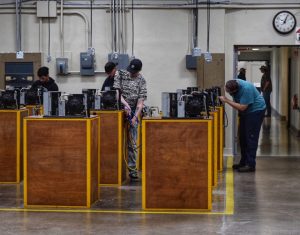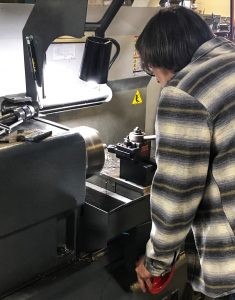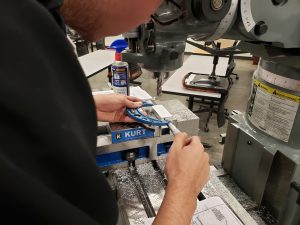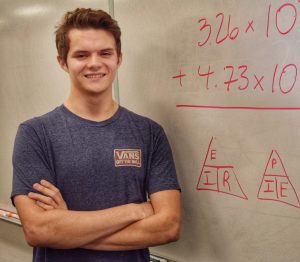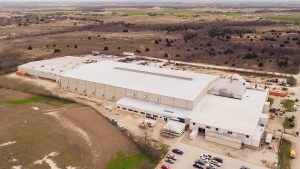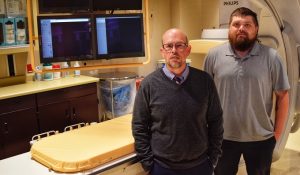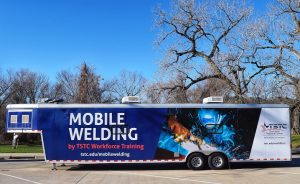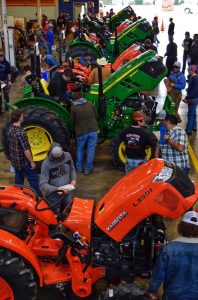(WACO, Texas) – Today’s heating, ventilation and air conditioning technicians need to know more than basic electrical theory and refrigeration principles. As technology evolves, so does the need to be familiar with how smart technology is being used in HVAC systems.
“It’s been around for quite a few years and keeps improving,” said Tim Snyder, an instructor in Texas State Technical College’s Heating, Ventilation and Air Conditioning Technology program in Waco.
Some of the technology being seen in the industry includes smart sensors that can communicate with downloaded phone apps and smart thermostats. He said employers can provide training either through outsourcing or equipment manufacturers.
Snyder said the HVAC Technology program receives input from its state advisory board made up of industry personnel who give advice on how to adapt the curriculum to what is occurring in the workplace.
Rox Eskew, human resources manager at P&E Mechanical Contractors in Waco, said today’s students should adapt well to the use of technology because they have grown up with it. She said the company has had success hiring students from TSTC’s HVAC Technology program.
“It is all phone app-related,” Eskew said. “It does all our billing and allows them to see everything, including the history of the call they are on and the products that have been used in the past. Being able to adapt to that is very important.”
The number of jobs for heating, air conditioning and refrigeration mechanics and installers is projected to increase to 414,200 workers through 2028, according to the U.S. Bureau of Labor Statistics. It credits the increase in workers to growth in modernized climate-control systems.
The Waco area had about 360 HVAC technicians in May 2018, according to the labor bureau.
For more information on Texas State Technical College, go to tstc.edu.
